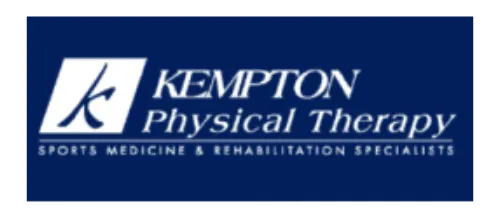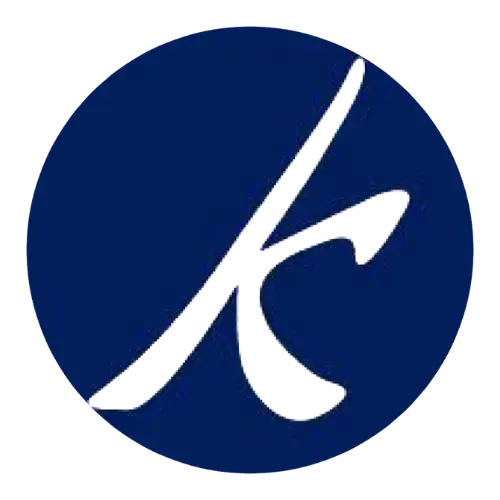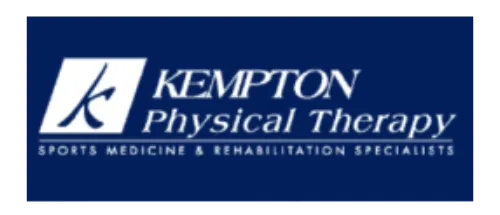Neurological Disorders in Mesa
Neurological disorders can have a significant impact on an individual’s quality of life. These disorders affect the central nervous system, which can result in impaired movement, coordination, and sensory processing. Physical therapy can play a critical role in the management of neurological disorders by helping to improve mobility, strength, balance, and overall function. In this article, we will discuss how physical therapy can benefit those with neurological disorders, and the types of therapies that are commonly used.

Understanding Neurological Disorders
Neurological disorders can range from mild to severe and affect various parts of the nervous system. Some of the most common neurological disorders include:
- Multiple Sclerosis (MS)
- Parkinson’s disease
- Amyotrophic lateral sclerosis (ALS)
- Stroke
- Traumatic brain injury (TBI)
- Spinal cord injury
The symptoms of these disorders can be diverse, but they often involve a loss of mobility, muscle weakness, and coordination difficulties. For many individuals, neurological disorders can also result in significant pain, spasticity, and muscle stiffness.
How Physical Therapy in Mesa Can Help
Physical therapy is a non-invasive and effective approach to managing neurological disorders. A physical therapist can work with patients to develop personalized treatment plans that address their unique needs and goals. The primary goal of neurological physical therapy is to improve an individual’s quality of life by enhancing their functional abilities, reducing pain, and improving mobility.
Some of the benefits of physical therapy for neurological disorders include:
Improved Mobility: Physical therapy can help improve strength, flexibility, and balance, which can enhance mobility and reduce the risk of falls.
Pain Management: Physical therapy techniques, such as massage therapy and dry needling, can help reduce pain and stiffness associated with neurological disorders.
Enhanced Motor Control: Physical therapy can help improve an individual’s motor control and coordination, which can enhance their ability to perform everyday activities.
Improved Balance: Physical therapy can help improve balance, which can reduce the risk of falls and increase independence.
Types of Neurological Physical Therapy
There are various types of physical therapy approaches that can be used to manage neurological disorders. Some of the most common techniques include:
Aquatic Therapy: Aquatic therapy can be an effective way to improve mobility and reduce pain. Water provides a low-impact environment that can help improve joint mobility, reduce pain, and improve balance.
Functional Electrical Stimulation (FES): FES involves the use of electrical impulses to activate muscles that may be weakened or paralyzed due to neurological disorders. This technique can help improve muscle strength and promote muscle growth.
Constraint-Induced Movement Therapy (CIMT): CIMT is a specialized form of physical therapy that can help improve motor function in individuals who have experienced a stroke or other neurological disorders. CIMT involves restricting the use of the unaffected limb to encourage the use of the affected limb.
Gait Training: Gait training involves practicing walking and other functional movements to improve mobility and reduce the risk of falls.
At Kempton Physical Therapy & Sports Medicine, we offer a range of physical therapy techniques to help individuals manage neurological disorders. Our team of experienced physical therapists works closely with patients to develop personalized treatment plans that address their unique needs and goals.
If you or a loved one is living with a neurological disorder, don’t hesitate to contact us to schedule an appointment. Our team is dedicated to providing the highest quality of care to help you improve your quality of life and achieve your goals.



